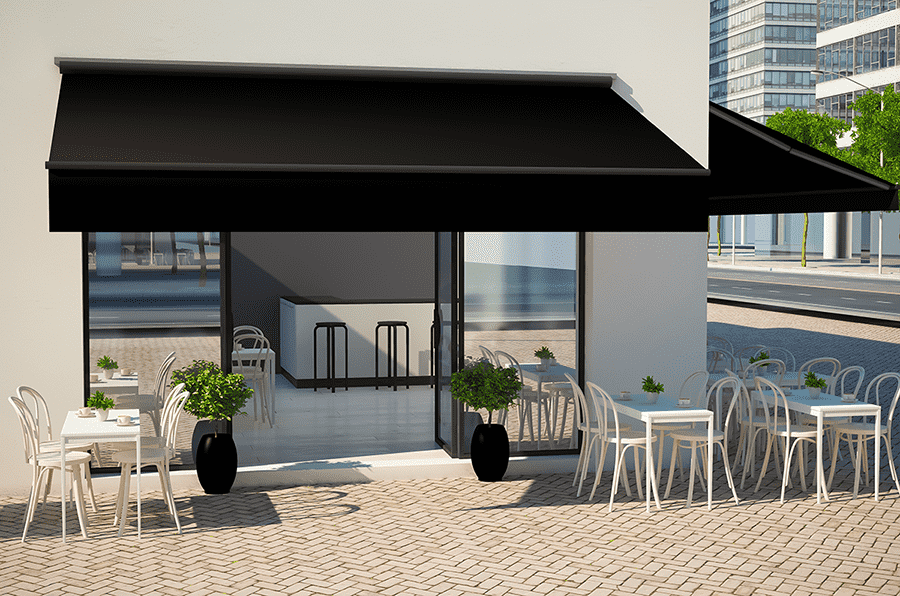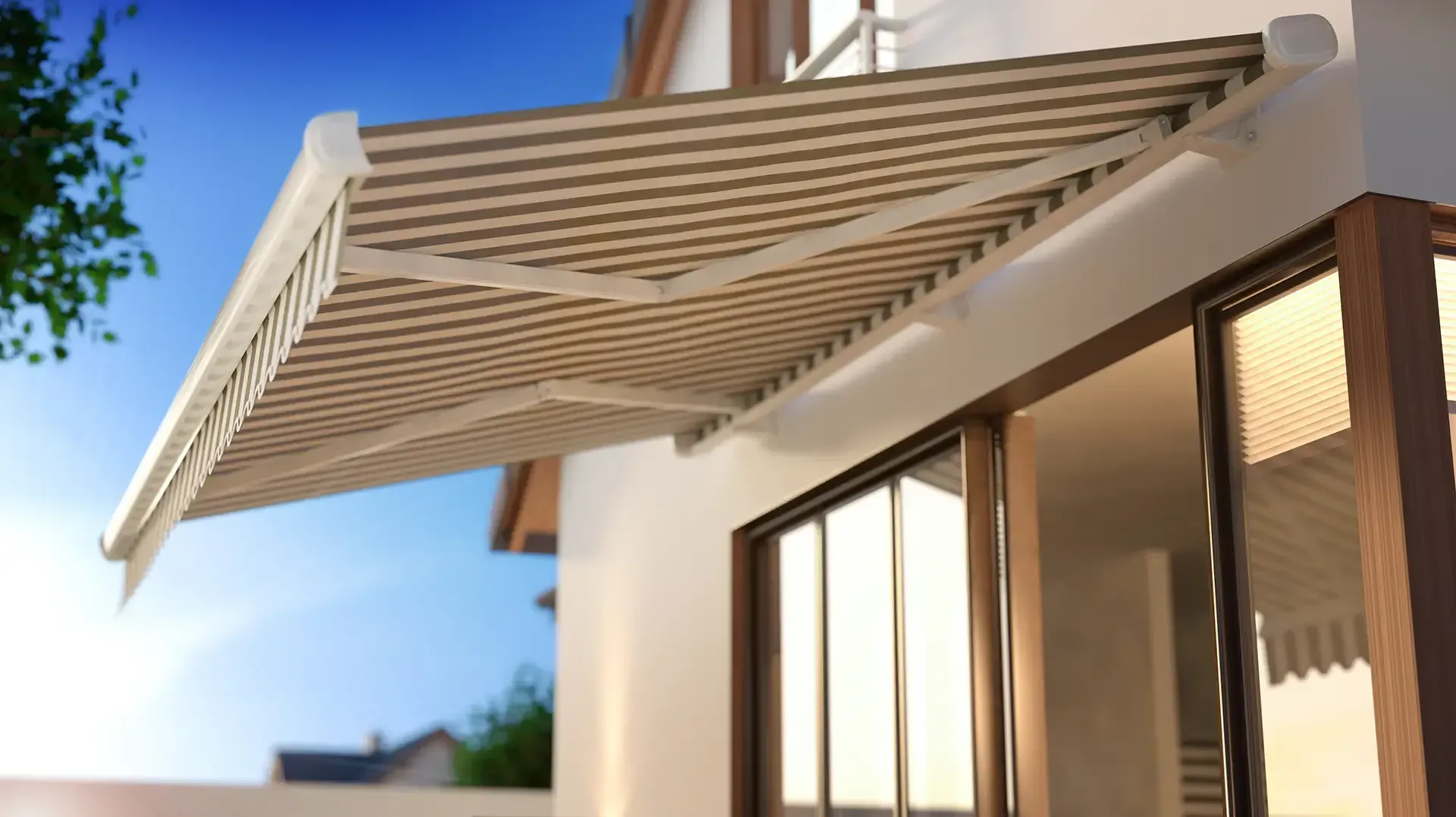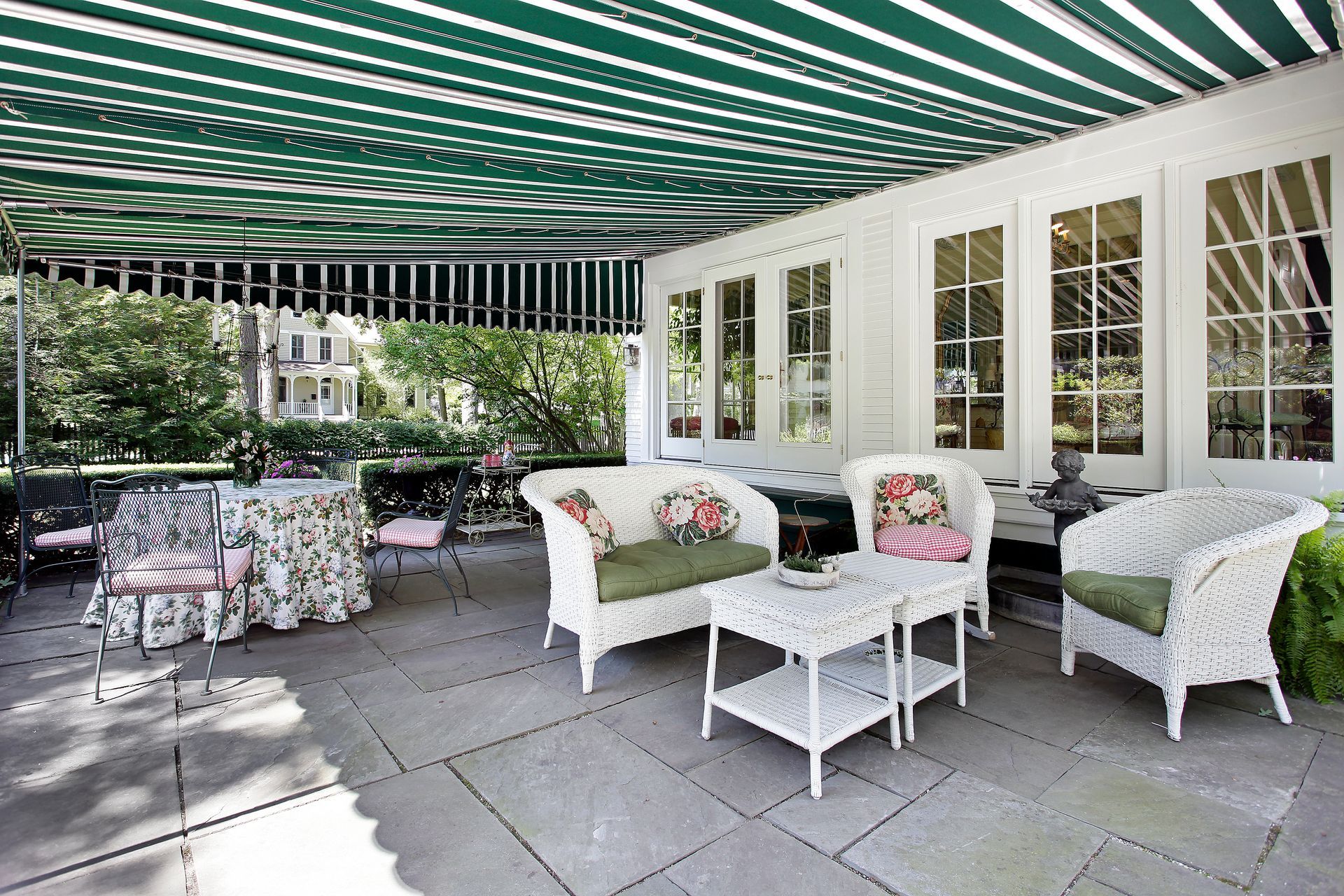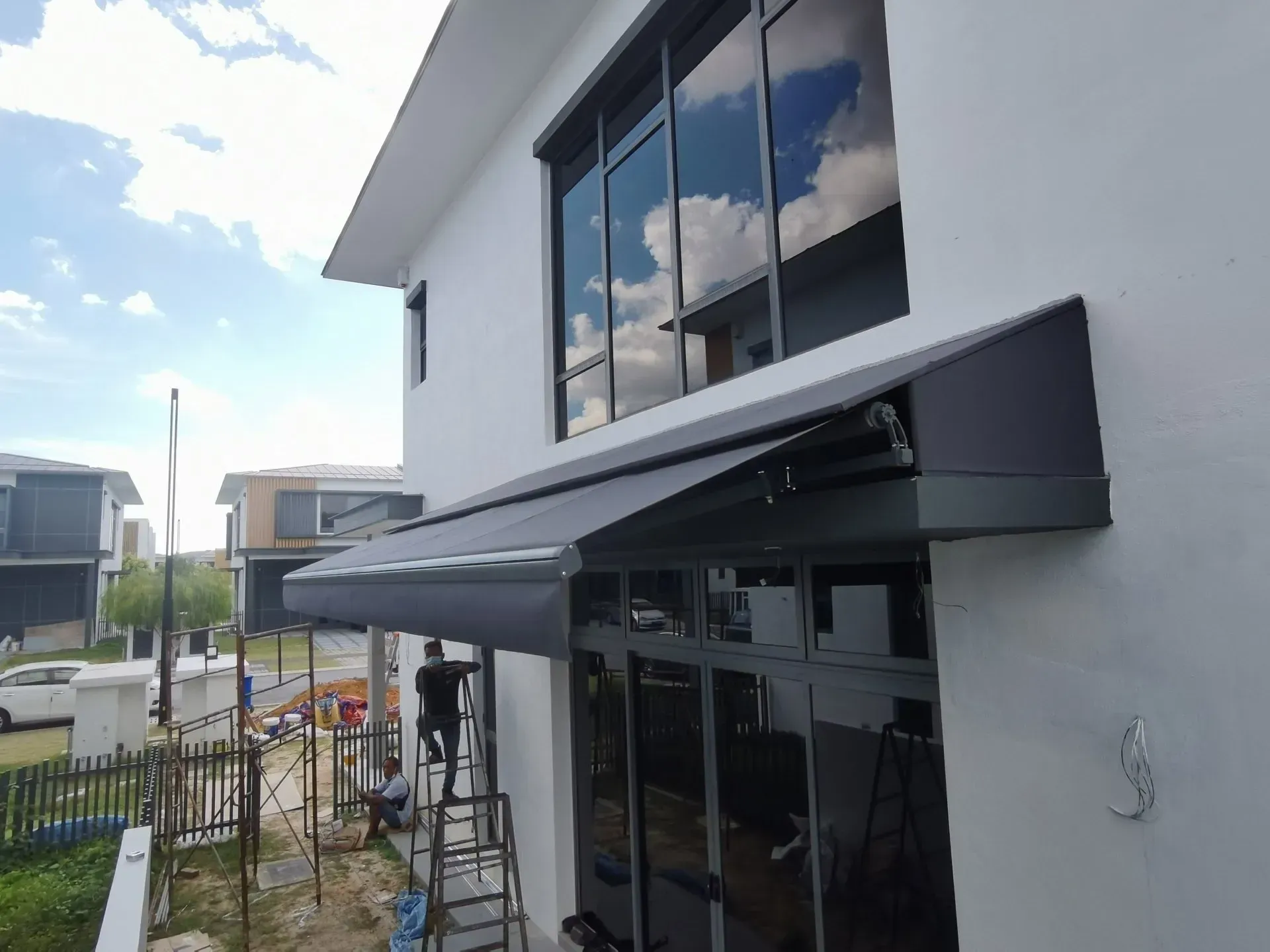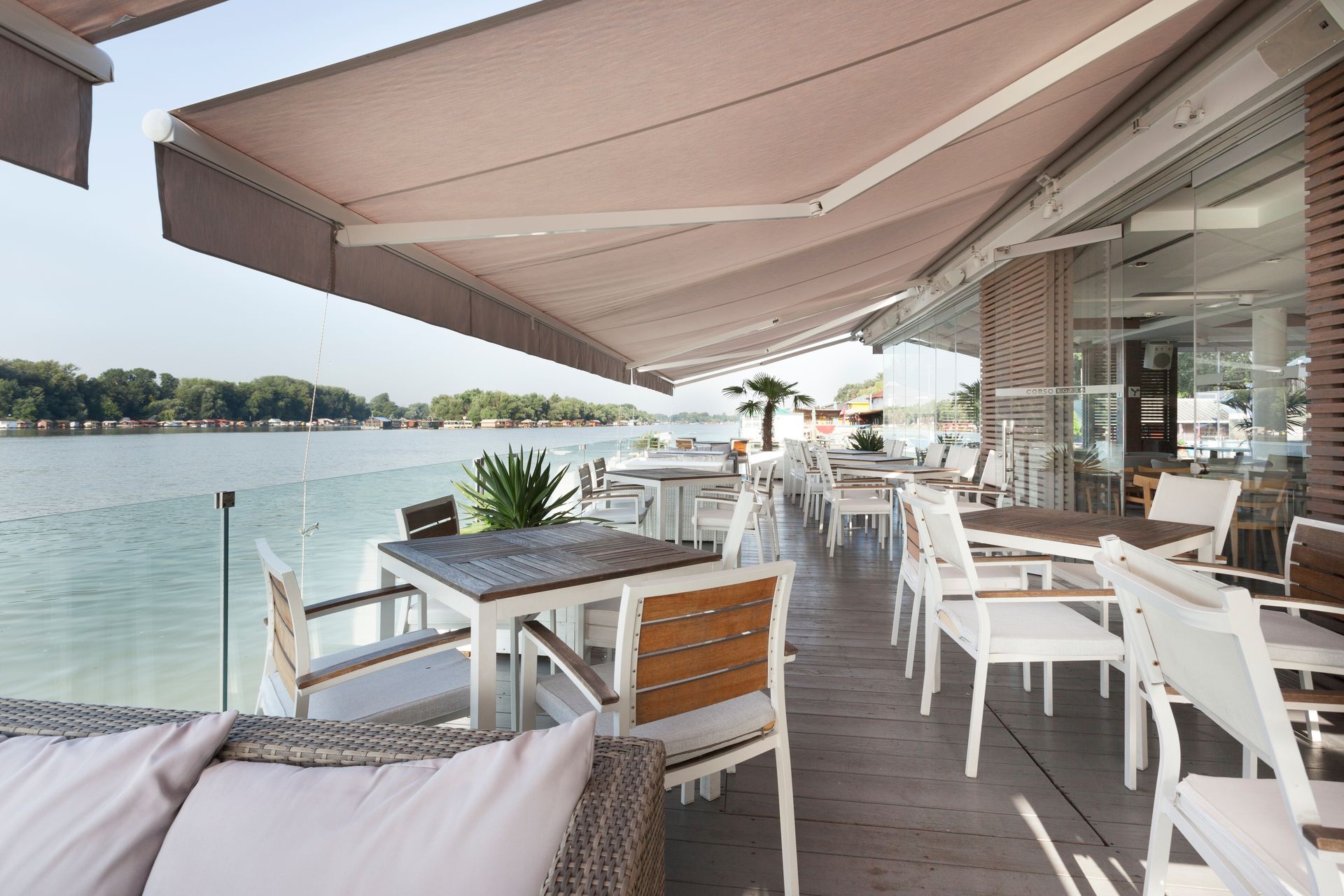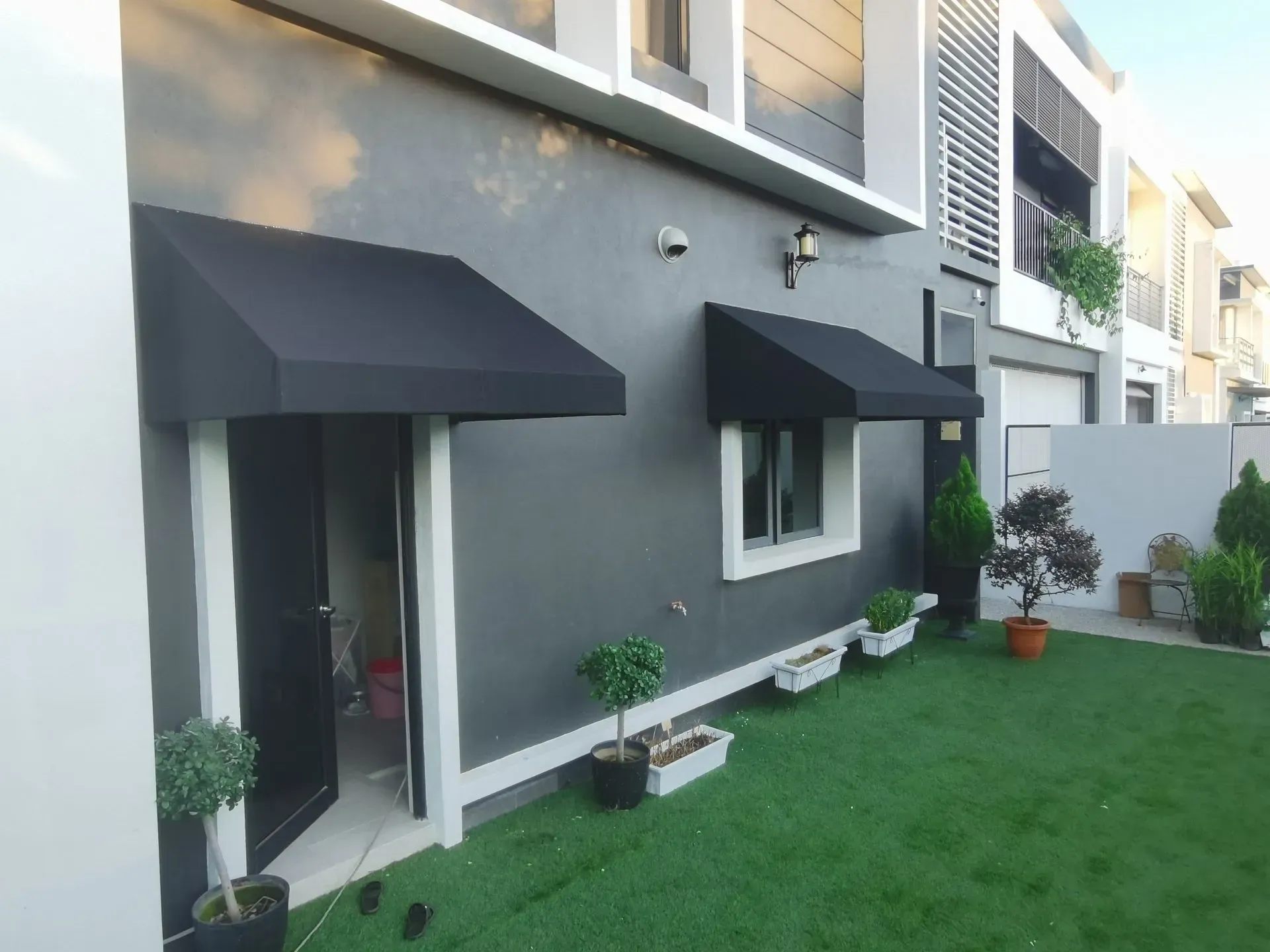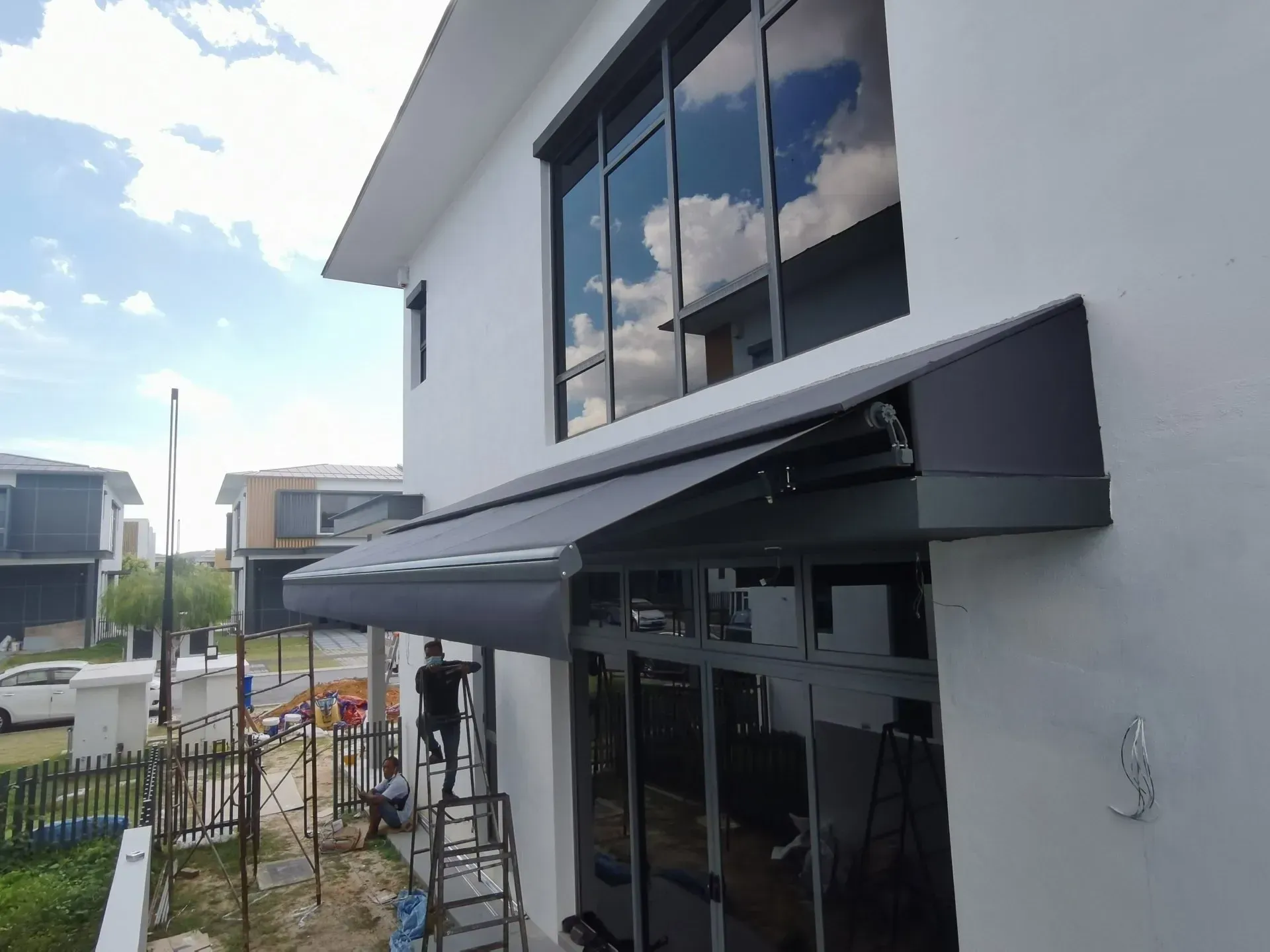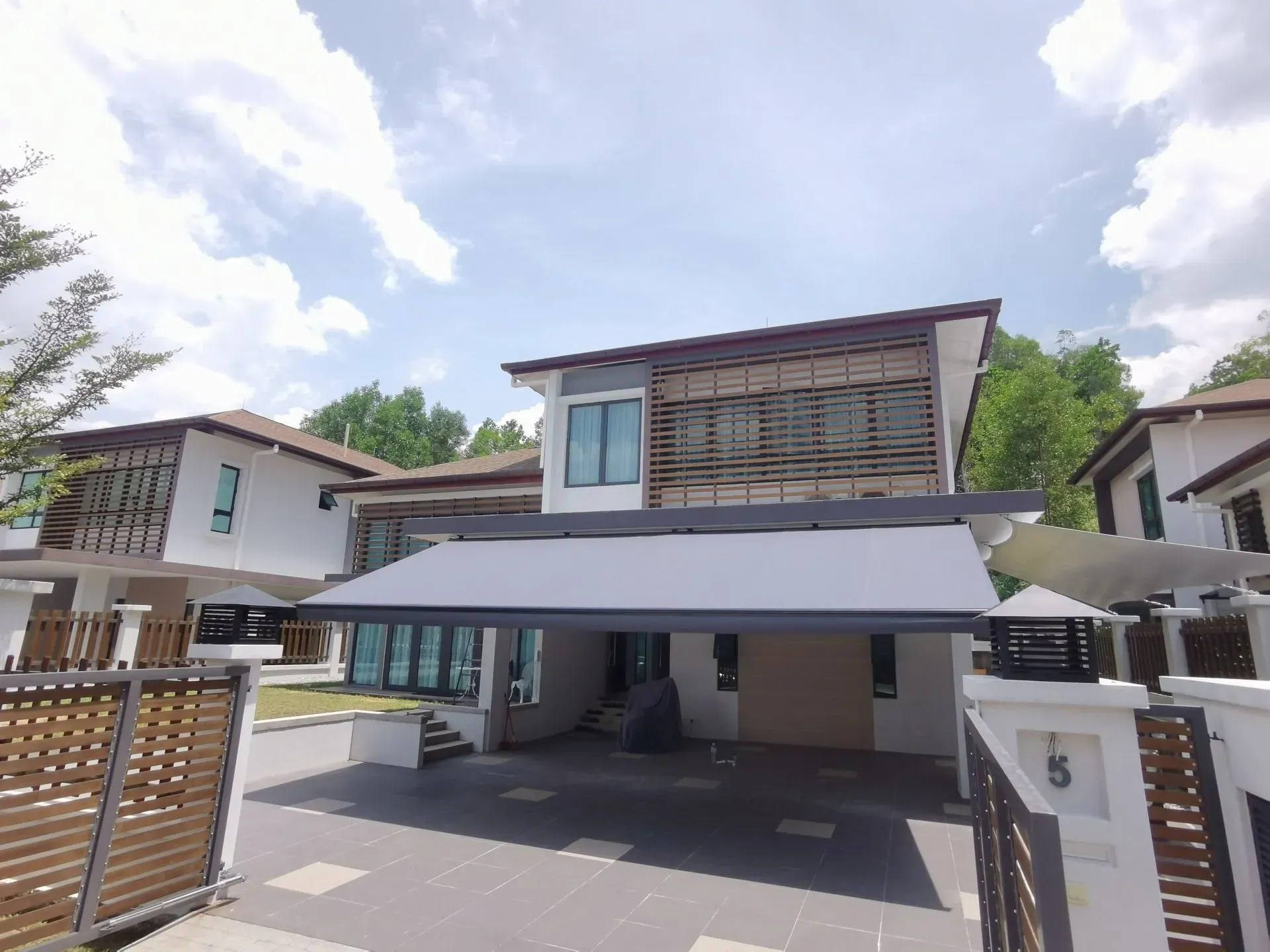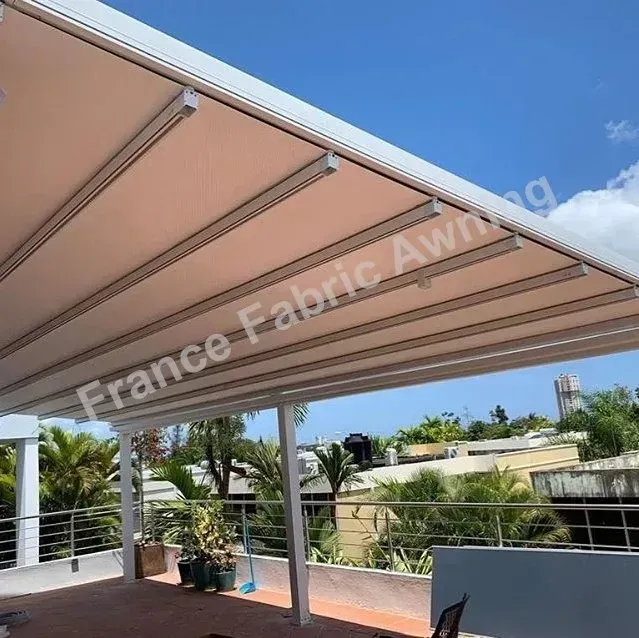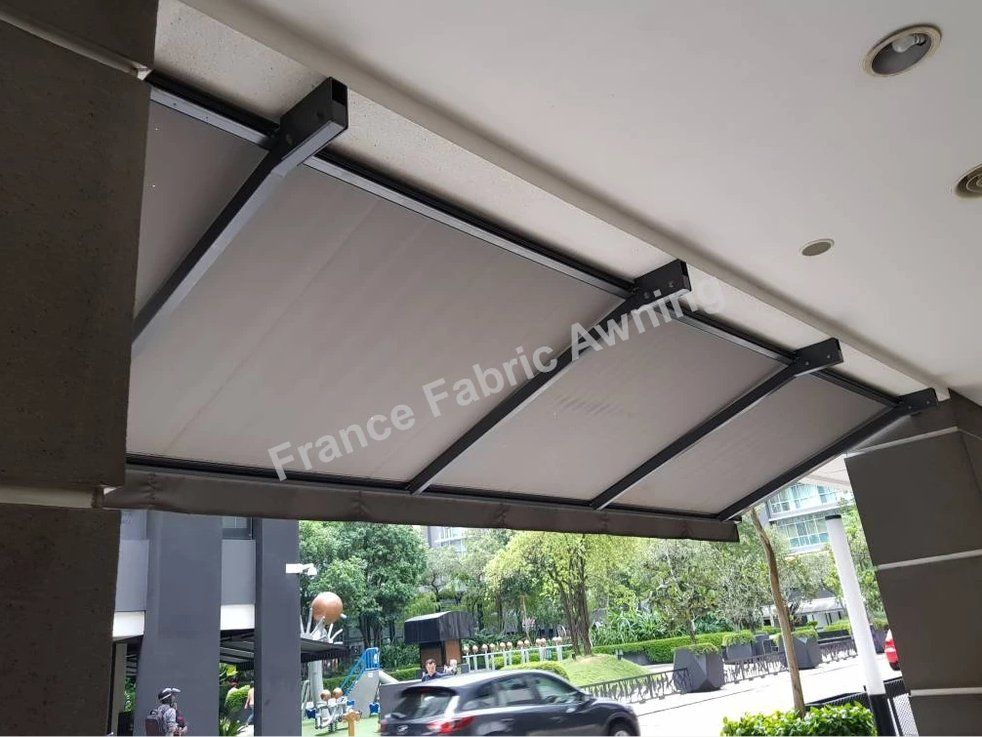Ensuring Compliance in Commercial Awning Installations
Navigating Malaysia’s building regulations can feel overwhelming. Tight timelines, strict budgets, and constant paperwork leave little room for error. In this article, we set out a clear compliance roadmap for commercial awning installation so you can keep local authorities on your side, avoid costly fines, and protect everyone who uses your building.
Understanding Malaysia's Installation Regulations
An awning is a permanent addition, not a decorative afterthought. It must satisfy a range of technical and legal rules, from load calculations to fire safety. Missing a single requirement can trigger stop-work orders, forced removal, or legal liability.
Local Council Permits and DBKL Approval Processes
Securing your council permit is the single most important milestone in an awning project. In Kuala Lumpur, you must obtain written consent from Kuala Lumpur City Hall (DBKL) before any fabrication or site work begins.
Other municipalities, such as
Majlis Bandaraya Petaling Jaya (MBPJ) and Majlis Bandaraya Shah Alam (MBSA), have their own specific requirements.
| Requirement | What to prepare | Tips for faster approval |
|---|---|---|
| Scaled architectural drawings | Plan, elevation, and section views at 1:100 (or larger) showing awning dimensions, setbacks, and fixing points | Mark neighbouring boundaries clearly; DBKL checks overhang widths rigorously |
| Structural calculations | Wind-load, dead-load, and uplift analysis signed off by a Professional Engineer (PE) | Reference the Malaysian National Annexe to Eurocode 1 to avoid resubmissions |
| Material specifications | Data sheets proving aluminium grade, fabric fire rating, and corrosion protection | Attach third-party test certificates (e.g., BS 7837, MS 2095) |
| Neighbour consent letters | Only needed if the awning projects beyond your lot line | Use the council’s standard consent form to prevent formatting issues |
Fire-Safety Clearances and Emergency Egress Zones
The
Fire and Rescue Department of Malaysia (Bomba) enforces strict rules that apply even to comparatively small awnings.
| Item | Minimum requirement | Practical tip |
|---|---|---|
| Exit door clearance | Keep a 1.2m clear corridor measured from the leading edge of the door leaf to the first fixed element of the awning | If your shopfront has double doors, measure from the widest possible swing, not the inactive leaf |
| Head-room above escape routes | 2.4m clear height from finished floor level to any underside of frame or fabric | Factor in future pavement overlays that may raise the finished level |
| Hydrant & hose-reel access | No projection within a 1m radius of hydrants, hose-reel cabinets or breeching inlets | Mark these exclusion zones on drawings and on site with high-visibility tape |
Wind Load and Live Load Rating Standards
Malaysia uses Eurocode 1 (MS EN 1991-1-4) and its National Annexe to work out how much wind force an awning must resist.
- Wind Load: In the Klang Valley, the pressure on an awning is usually between 0.9 kN/m² and 1.2 kN/m². It can reach 1.4 kN/m² near open coastlines or on tall buildings exposed to stronger gusts.
- Live Load:
The
Malaysian Standard MS 1553 adds extra weight allowances—0.25 kN/m² for a worker standing on the awning during maintenance, and 0.20 kN/m² for pooled rainwater, unless the awning slopes more than 3 degrees.
- Engineer’s Approval: Local councils insist that a PE checks and stamps the calculations. The engineer must show the exact clauses used and prove that the frame will not bend more than the limit of span divided by 180 for aluminium.
Not sure where to start with regulations? Let us compile the site-specific checklist, complete the forms, and submit everything on your behalf. Just
book an appointment today to take a step towards a hassle-free commercial awning installation.
Maintaining Structural Integrity and Safety
Securing council approval is only half the battle. The real test comes years later when the awning faces relentless UV, driving rain, and the occasional storm burst. Sound engineering and robust materials protect both your investment and the public who walk beneath the canopy.
Corrosion-Resistant Frames and Secure Fastening
High humidity and heavy rainfall accelerate corrosion. Opt for marine-grade aluminium or hot-dip galvanised steel, and insist on stainless-steel or zinc-plated fasteners tested for outdoor use. Routine torque and pull-out checks prevent rust, preserve structural strength, and extend service life.
Load Calculations for Cantilevered Designs and Projections
Cantilevered awnings rely on support at only one end, so any miscalculation can cause catastrophic failure. Your engineer must model self-weight, wind pressure, live loads and dynamic effects, proving adequate safety margins before the design is approved.
Anchoring Techniques for Concrete, Brickwork and Steel
An awning is only as strong as its anchors. Choose chemical anchors or expansion bolts for solid concrete, low-torque sleeve anchors for older brickwork, and friction-grip clamps or welded plates for steel beams. Tailoring the fixing method to the substrate prevents future problems such as loosening, sagging, or detachment.
Professional Installation Practices That Meet Standards
Proper installation is the last, and most critical, phase of any awning project. By insisting on certified installers, rigorous planning, and documented quality checks, you ensure every job is safe, compliant, and built to last.
Detailed Site Surveys and Risk Assessments
Before tools come out, arrange a comprehensive site survey. The installer should:
- Measure all fixing points to the millimetre
- Verify the condition and load-bearing capacity of the host structure
- Identify hazards such as overhead cables, fragile finishes, or restricted access.
A written risk assessment equips the team with control measures, eliminating surprises and keeping the timetable on track. Meticulous preparation is the foundation of a successful installation.
Certified Installers and Mandatory PPE Compliance
Choose contractors who hold recognised trade certifications and have proven experience with commercial awning installations. They must:
- Follow current safety regulations and method statements
- Wear the full suite of Personal Protective Equipment (PPE), including helmets, gloves, eye protection, and fall-arrest gear throughout the job.
Strict adherence to PPE protects your staff, your property, and anyone passing the site. Safety is never negotiable.
Final Testing, Quality Assurance and Sign-Off Protocols
When the awning is in place, insist on a formal commissioning routine:
- Torque-check every anchor and bracket
- Inspect the frame for plumb, level, and correct pitch.
- Confirm the fabric is tensioned evenly with no sag or ripple
- Operate the mechanism through several cycles to prove smooth motion and auto-stop functions.
Document the results in a quality-assurance checklist signed by the installer and your project manager. This gives you a clear record that the installation meets all regulatory and performance standards.
Secure a Fully Compliant Commercial Awning Installation with France Fabric Today
Skip the fines, safety worries and lengthy paperwork. France Fabric manages every step, from council permits and structural engineering to flawless installation, so you receive a durable, regulation-ready awning without lifting a finger.
View our
portfolio and see how we’ve delivered safe, stylish shade solutions for businesses just like yours.
Contact us today to begin planning your fully compliant commercial awning installation!

